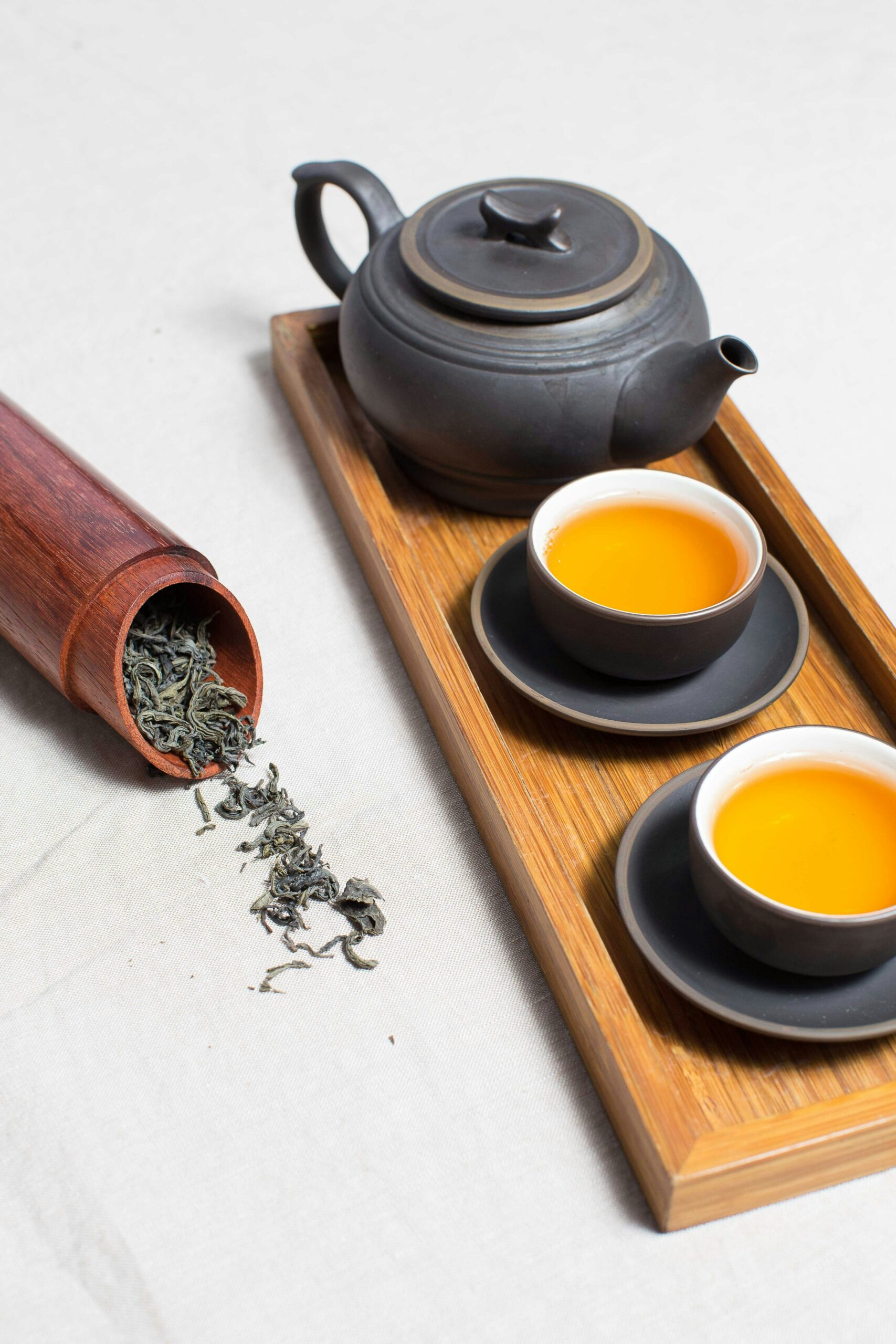In Traditional Chinese Medicine (TCM), each food (and herb) has a unique flavor profile (salty, sweet, sour, bitter, and pungent/spicy) and a specific thermal energy (“hot”, “warm,” “neutral,” “cool,” or “cold”). These characteristics determine how each ingredient or herb might be used therapeutically or combined with others in cooking to produce a balanced dish. For […]
COFFEE JUMPSTARTS YOUR DAY & YOUR HOT FLASHES
“I would rather suffer with coffee than be senseless.” ~Napoleon Bonaparte I call coffee the “elixir of life” since it reverses the zombiedom of my mornings. I love its taste, smell, and energy I receive. Yet for myself and many women, caffeine sensitivity can gradually develop over time with lesser amounts needed to energize us and make […]
Perimenopause & the Highly Sensitive Person
With diminishing estrogen, or rather, the roller coaster of its erratic, fluctuating levels during perimenopause, anything can happen, and not just to the targeted female organs. Changing menstrual patterns and flows are expected, but the most common complaints are hot flashes, insomnia, vaginal dryness, and mood changes, the latter referring to depression (new, reappearance, or […]
FOOD & MOOD IN TRADITIONAL CHINESE MEDICINE:
Supporting Shen (Mind & Spirit), Especially in Perimenopause In Traditional Chinese Medicine (TCM), food choices play an important role in treating the body, mind, and spirit with the TCM concept of Shen encompassing both mind and spirit. Additionally, in TCM, seasonal changes influence not only how mood issues manifest but also the dietary recommendations used […]
COOLING OUT HOT FLASHES WITH DIET
(A Traditional Chinese Medicine-based Diet) I recently returned from a 3-week vacation to Japan and of course, had fallen “off the wagon” regarding my diet—not for weight loss, but to control my hot flashes. Waking up hot in the middle of the night is where I draw the line. It is now summer and our […]
GOT HOT FLASHES?
Try “Cooler” Meals Based on Traditional Chinese Medicine Hot flashes and night sweats are very common in women undergoing the menopause transition. In fact, about 80% of these women experience the aforementioned vasomotor symptoms either during perimenopause, after menopause, or in both phases. For most, flushing ceases after a few years, but for the latter […]






